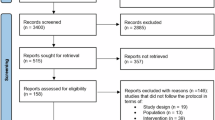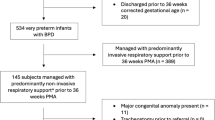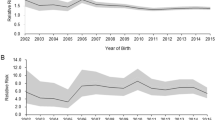Abstract
Many children with asthma do not use their inhalers correctly and consequently gain little or no therapeutic benefit from the treatment. The focus of inhalation therapy should be on those inhalers which are easiest to use correctly by various groups of children and the amount of tuition and training required to obtain a correct technique. It is recommended that clinicians focus on a limited number of inhalers. Most children can be taught effective inhalation therapy by using a pMDI, a pMDI with a spacer, or a DPI.
Most preschool children can be taught effective use of a pMDI and spacer with a valve system and a face mask. Therefore, this is the preferred mode of delivery in these age groups. When the child is capable of using the spacer without a face mask this administration technique should be adopted.
In older children pMDIs are more difficult to use correctly than a pMDI with a spacer, a DPI, or a breath-actuated pMDI. Because DPIs and breath-actuated pMDIs are more convenient to use these devices are normally considered the preferred inhalation devices in these age groups except for administration of beclometasone dipropionate, which for safety reasons should be delivered by a spacer.
Similar content being viewed by others
Article PDF
Author information
Authors and Affiliations
Consortia
Corresponding author
Ethics declarations
Competing interests
S Pedersen has given talks for Nycomed, GlaxoSmithKline (GSK) and Meda AB and acted as a consultant for Nycomed and AstraZeneca. JC Dubus has been on expert boards for MEDA, Novartis, and MSD and received research grants from Chiesi, Roche, GSK and AstraZeneca. G Crompton has given talks and acted as a consultant for MEDA AB. Conflicts of interest for all ADMIT members are listed at the end of the first paper in this series — see Dekhuijzen et al., Prim Care Resp J 2007;16(6): 341–8.
Rights and permissions
About this article
Cite this article
Pedersen, S., Dubus, J., Crompton, G. et al. The ADMIT series — Issues in Inhalation Therapy. 5) Inhaler selection in children with asthma. Prim Care Respir J 19, 209–216 (2010). https://doi.org/10.4104/pcrj.2010.00043
Received:
Accepted:
Published:
Issue date:
DOI: https://doi.org/10.4104/pcrj.2010.00043
This article is cited by
-
How to match the optimal currently available inhaler device to an individual child with asthma or recurrent wheeze
npj Primary Care Respiratory Medicine (2015)
-
Characterization of a human powered nebulizer compressor for resource poor settings
BioMedical Engineering OnLine (2014)



